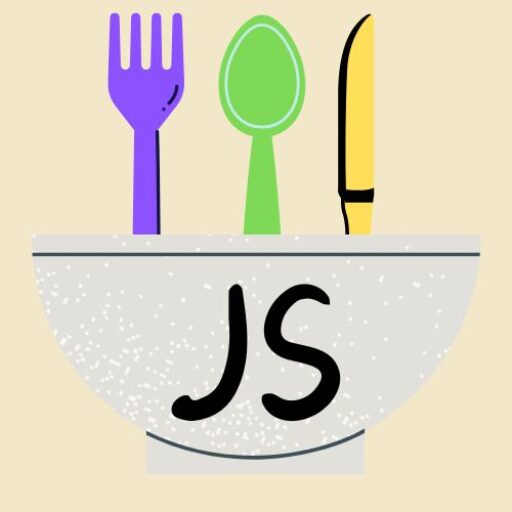Cooking isn’t just about feeding our bodies—it’s about nurturing the soul, preserving culture, and creating connection. Long before food became Instagrammable or celebrity chefs ruled the airwaves, cooking was already a revered part of the human experience. From stirring soups to baking bread, the act of preparing a meal holds emotional, cultural, and historical significance that goes far beyond what’s on the plate.
A Cultural Compass
One of the most beautiful aspects of cooking is its power to preserve culture. Recipes passed down through generations are living artifacts—carriers of memory, tradition, and history. A grandmother’s tomato sauce, an uncle’s spice mix, or the ritual of preparing food during holidays—these are stories told not through words, but through ingredients and technique. Every dish is a cultural signature, and in cooking them, we honor our roots.
Even in today’s globalized world, where you can find sushi in Paris or tacos in Bangkok, authentic, home-cooked meals remain deeply tied to place and identity. Cooking becomes a bridge between where we come from and where we are now.
Creativity Meets Science
Cooking balances the creative and the scientific. On one hand, it’s improvisational—tasting, adjusting, and adapting based on instinct. On the other, it’s precise, requiring knowledge of chemistry and technique to get things right. Baking is chemistry in action, while savory dishes rely on intuitive layering of flavors.
This blend of left-brain and right-brain activity makes cooking intellectually satisfying and endlessly engaging. Whether you’re a methodical recipe-follower or an experimental chef, there’s always more to learn and discover.
The Joy of Sharing
At its core, cooking is an act of love. We cook for birthdays, anniversaries, and reunions. We cook to comfort someone who’s grieving or to welcome a new neighbor. A home-cooked meal carries a personal touch that no restaurant dish can match. It says, “I care about you enough to spend my time creating something with my hands.”
Cooking also creates shared experiences. From the chaos of a family kitchen to a quiet dinner for two, meals form the backdrop of our lives. Food brings people together—across tables, borders, and beliefs.
A Mindful Practice
In an age of distractions, cooking encourages presence. Chopping vegetables, kneading dough, or stirring a simmering pot can be meditative. It forces us to slow down, focus, and be aware. For many, cooking is therapy—a grounding routine that provides structure and satisfaction.
Conclusion
Cooking is far more than just a daily chore. It’s an art, a science, a cultural expression, and a deeply personal ritual. Whether you’re preparing a feast or scrambling eggs for one, remember: every meal is a chance to connect—with yourself, with others, and with something greater than just ingredients. That’s the soul of the kitchen.

